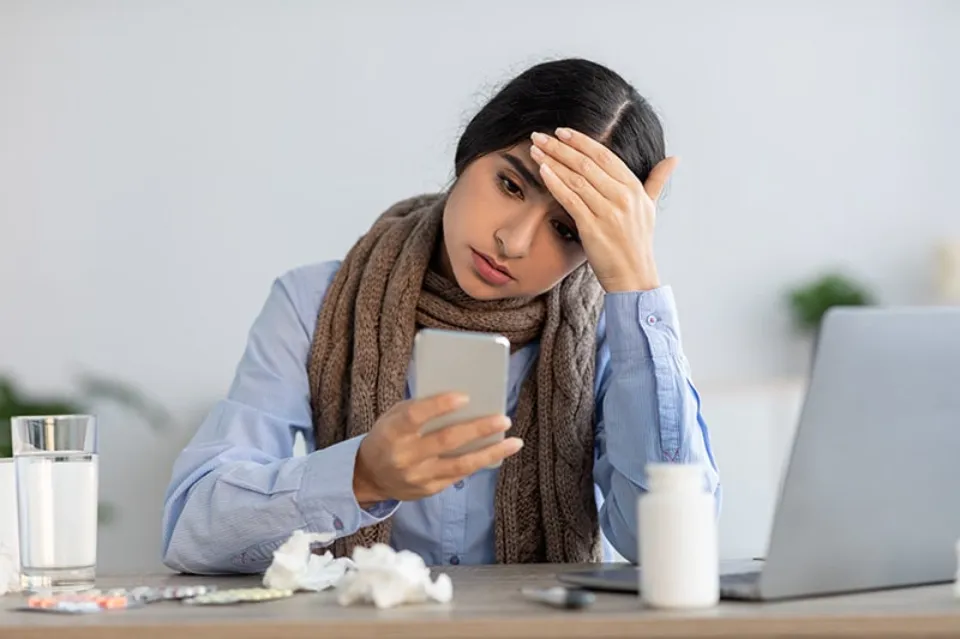The most vital tools in the fight against bacterial infections are antibiotics. To help you treat a bacterial infection, your doctor is almost certain to give you an antibiotic at some point.
Do antibiotics make you fatigued or not? Antibiotics are effective at removing infections from your body, but they can also have side effects that you need to be aware of. Furthermore, it can be challenging to distinguish between these side effects and the symptoms of the infection they are meant to treat when they coincide. For instance, using antibiotics occasionally results in drowsiness, lethargy, or extreme exhaustion.
Let’s examine the antibiotics that are most likely to cause fatigue in patients and discuss remedies.
Readmore: How Do Drugs Work? (Explained) – Elder VIP
Why Do Antibiotics Make You Tired?

Some antibiotics can make you tired or fatigued, though it is uncommon. For instance, taking amoxicillin and ciprofloxacin, two antibiotics can make you feel tired.
The more frequent side effects of antibiotics, however, are rash, nausea, dizziness, diarrhea, and yeast infections. Avoid activities that require alertness, like driving or operating machinery, as well as alcohol and other drugs unless your doctor instructs you to do so before you know how a medication will affect you.
Keep in mind that there are additional causes for why taking antibiotics may make you feel tired as well. For instance, you might experience more fatigue than usual if you take antibiotics along with other medications, like antihistamines or cough syrup. Additionally, the infection you’re fighting may manifest itself as fatigue. Infections that make it difficult to fall asleep, for instance, can cause fatigue, which is a common side effect of pneumonia.
One of the two ways that antibiotics work is by either killing the bacteria that is infecting you or by stopping it from spreading. Antibiotics frequently eliminate good bacteria along with bad when they kill bacteria in your body. This may throw off the delicate balance of bacteria in your gut and have unfavorable effects on your digestion. Furthermore, it might result in nutrient malabsorption, which might cause persistent fatigue.
How to Combat Fatigue from Antibiotics?
It’s critical to take antibiotics as directed to finish treating the infection and stop it from getting worse. There are some actions you can take to try and lessen the severity of fatigue brought on by antibiotics, though.
Taking Antibiotics at a Different Time
Antibiotics taken at night rather than in the morning may be more effective if you are feeling tired after taking them. Some antibiotics need to be taken twice daily or at particular times, so this might not always be possible. So, before switching up your medication regimen, always talk to your doctor.
Keep Hydreate
You may be dehydrated and mineral-deficient if you also have other antibiotic- or infection-related side effects, like vomiting and diarrhea. Rehydrating could help you regain energy because these symptoms can make you feel exhausted. For simultaneous hydration and mineral replacement, try adding electrolytes to your water.
Rest Enough
Even though fatigue can be crippling, use it as a signal to take a break. Your immune system needs more rest to recover from fighting an infection because it is operating in overdrive. Embrace relaxation, take a nap, and get to bed early rather than trying to fight off feelings of exhaustion. You’ll recover more quickly and be less likely to feel tired the next day.
Take Alternative Medication
Everyone is affected by medications differently. A specific antibiotic may cause you to react negatively, leaving you with extreme fatigue or an allergic reaction. Discuss alternative options with your doctor if you are experiencing side effects. Many times, different antibiotics can fight the same infection, so trying a different one might be the solution.
Other Side Effects of Antibiotics
Antibiotics are included, and all medications have potential side effects.
If your doctor is prescribing antibiotics to treat a bacterial infection, talk with them about the specific antibiotic and its potential side effects, including:
- Digestive problems, such as nausea, diarrhea, and vomiting
- Headaches
- Fungal infections
- Photosensitivity, which affects how your skin reacts to ultraviolet light
- Allergic reactions, including rashes, hives, shortness of breath, and anaphylaxis
- Depression and anxiety

When to See a Doctor
Talk to your doctor about whether a different prescription might be appropriate for you if you experience any unpleasant side effects while taking antibiotics. You can begin to feel better as soon as you start receiving the right care.
Summary
Antibiotics are essential in the treatment of bacterial infections, but some people may experience uncommon but serious side effects, such as unusual fatigue or weakness.
If you’re worried that the fatigue you’re experiencing as a result of your antibiotic prescription is preventing you from engaging in daytime activities, degrading your performance at work, or preventing you from operating a vehicle safely, consult your doctor.
FAQs
Are Antibiotics Safe?
In general, yes. Antibiotics are incredibly effective in thwarting disease. There are risks and benefits involved with taking them, just like with any medication or medical procedure.
Can You Become Immune to Antibiotics?
Antibiotic resistance is a possibility. This can occur when drugs meant to stop bacteria, germs, and fungi become ineffective due to their ability to adapt. This gives the bacteria and germs free reign to spread and infect you.



